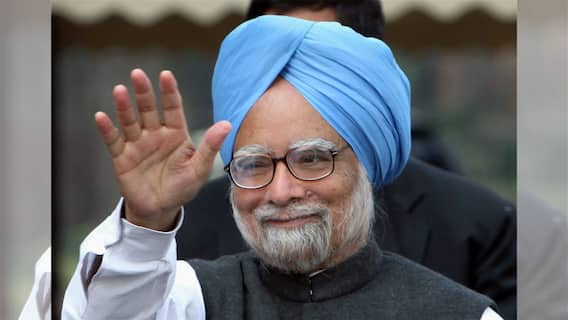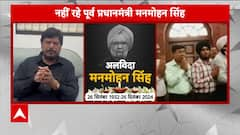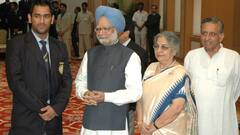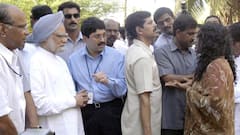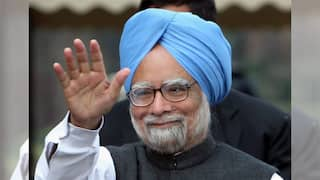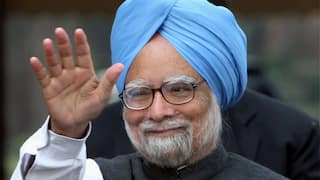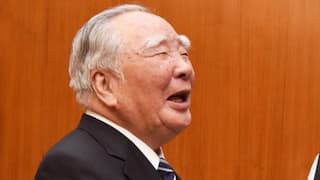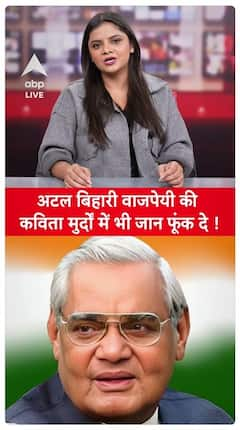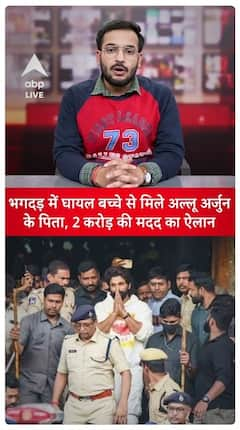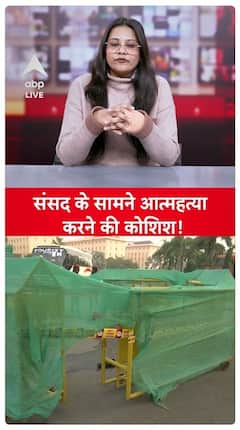CJI NV Ramana Recommends Justice UU Lalit's Name As New Chief Justice Of India
Chief Justice of India: After his name being recommended, Justice Lalit is most likely to become the 49th Chief Justice of India.

After Union Law Minister Kiren Rijiju sought a recommendation on the next top judge, Chief Justice of India NV Ramana on Thursday proposed Justice UU Lalit as his successor, news agency ANI reported.
Ramana will step down as CJI on August 26, 2022. After his name being recommended, Justice Lalit is most likely to become the 49th Chief Justice of India.
Justice Lalit hails from Maharashtra and once assume will serve as the 49th Chief Justice of India with effect from August 27.
Chief Justice of India NV Ramana today recommends Justice UU Lalit's name as his successor. Justice Lalit to become the 49th CJI. Chief Justice Ramana is retiring this month. pic.twitter.com/AfJJc8652V
— ANI (@ANI) August 4, 2022
If confirmed, Justice Lalit will be the second CJI to be directly raised from the Bar to the Supreme Court Bench, following Justice S M Sikri, who became the 13th CJI in January 1971.
Who Is Justice UU Lalit?
Justice Lalit was a Senior Advocate at the Supreme Court before being appointed as a judge on August 13, 2014, LiveLaw reported.
His father, Justice UR Lalit, was a renowned counsel and a Delhi High Court judge.
In 2019, Justice Lalit freed former UP Chief Minister Kalyan Singh from the Ayodhya lawsuit, citing his attendance in a contempt case related to the demolition of the Babri Masjid, according to LiveLaw.
Justice Lalit has stressed the need to establish suitable rules to remove the element of subjectivity in death penalty cases, and a bench led by him launched a suo motu case to streamline the process of considering mitigating circumstances in death penalty cases.
Justice Lalit was among the majority of the Constitution Bench judges who ruled that Triple Talaq was unconstitutional.
He also presided over the bench that ordered the Travancore Royal Family to take over control of the Sree Padmanabhaswamy Temple to a Court-appointed administrative body, LiveLaw reported.
Last year, a court led by him overturned the Bombay High Court's contentious "skin-to-skin" decision, ruling that any physical contact with a juvenile with sexual intent is an offence under POCSO even if there is no direct touch with skin.
Justice Lalit, who was born on November 9, 1957, became an attorney in June 1983 and practised in the Bombay High Court till December 1985.
In January 1986, he relocated his practise to Delhi. From 1986 until 1992, he worked for former Attorney General Soli J. Sorabjee. The Supreme Court named him as a senior advocate in April 2004.
Trending News
Top Headlines





